Juris Doctor (J.D.)
Law
Georgetown University Law Center
2007
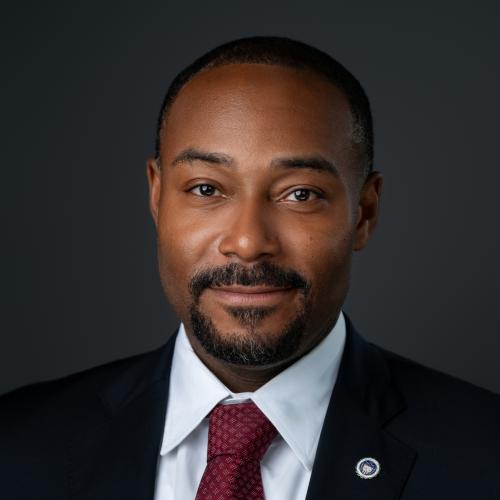
Justin Hansford founded the Thurgood Marshall Civil Rights Center in Fall 2017. Professor Hansford was previously a Democracy Project Fellow at Harvard University, a visiting professor of Law at Georgetown University Law Center, and an associate professor of Law at Saint Louis University.
He has a B.A. from Howard University and a J.D. from Georgetown University Law Center, where he was a founder of the Georgetown Journal of Law and Modern Critical Race Perspectives. Hansford also has received a Fulbright Scholar award to study the legal career of Nelson Mandela, and served as a clerk for Judge Damon J. Keith on the United States Court of Appeals for the Sixth Circuit.
Hansford is a leading scholar and activist in the areas of critical race theory, human rights, and law and social movements. He is a co-author of the forthcoming Seventh Edition of “Race, Racism and American Law,” the celebrated legal textbook that was the first casebook published specifically for teaching race-related law courses. His interdisciplinary scholarship has appeared in academic journals at various universities, including Harvard, Georgetown, Fordham, and the University of California at Hastings.
In the wake of the killing of Michael Brown in Ferguson, Missouri, Hansford worked to empower the Ferguson community through community-based legal advocacy. He co-authored the Ferguson to Geneva human rights shadow report and accompanied the Ferguson protesters and Mike Brown’s family to Geneva, Switzerland, to testify at the United Nations.
He has served as a policy advisor for proposed post-Ferguson reforms at the local, state, and federal level, testifying before the Ferguson Commission, the Missouri Advisory Committee to the United States Civil Rights Commission, the President’s Task Force on 21st Century Policing, and the Inter-American Commission on Human Rights.
Law
Georgetown University Law Center
2007
English, African American Studies
Howard University
2003
The Movement Lawyering Clinic advocates on behalf of clients and communities fighting for the realization of the civil and human rights guarantees promised by the United States Constitution and International Human Rights treaties. Projects address a range of matters, including police brutality, racial justice, mass incarceration and unconstitutional prison conditions, and other concerns that implicate core constitutional and human rights. This clinic focuses on advocating for systemic change using policy projects, advocacy in front of domestic and international tribunals, and other movement lawyering techniques.
Washingtonian Magazine, “The 500 Most Influential People Shaping Policy,” Civil Rights & Criminal Justice, 2025
The award highlights lawyers who have wielded influence in their practice areas in D.C. and beyond.
Elected by the United Nations General Assembly for the 2022-2024 term. The forum serves as a consultation mechanism for people of African descent and other interested stakeholders as a platform for improving the quality of life and livelihoods of people of African descent.
Democracy Now | Marcus Garvey's Pardon Helps Undo "Harms of the Past," Honors Black History: Justin Hansford
The Guardian | Inside the 100-year fight to get a Black revolutionary pardoned
WTTW/Chicago PBS | Evanston’s Groundbreaking Reparations Program Faces Class Action Lawsuit
International Institute for Sustainable Development | Why 2025 Must Be the Year of Leaving No One Behind
St. Louis Public Radio | As the push for reparations grows, a national group works for redress at local levels
NPR | 10 years later, Michael Brown’s mom asks a global panel to look into her son's death
The Washington Post | Tulsa mayor backs reparations plan for ‘Black Wall Street’ massacre victims
The New York Times | 5 Years After Ferguson, We’re Losing the Fight Against Police Violence
Race, Racism, and American Law: Leading Cases and Materials
Intended for use with the authors’ forthcoming casebook, Race, Racism, and American Law, Seventh Edition (forthcoming 2025), Race, Racism, and American Law: Leading Cases and Materials includes significant historical and contemporary cases and materials edited with an aim to foreground the most relevant sections and passages to illustrate the crucial role of race in the formation of US law.
https://www.yalelawjournal.org/forum/the-first-amendment-freedom-of-assembly-as-a-racial-project
Beginning with the author's own experience of being arrested as a legal observer during a 2014 protest in Ferguson, Missouri, this Essay explores the fragile protection provided by the freedom of assembly for those who fight for racial justice.
Demosprudence on Trial: Ethics for Movement Lawyers, in Ferguson and Beyond
This article suggests that although civil litigation remains a viable tool, the vanishing trial has limited impact on movement lawyers because we can use the law to promote social change outside of the courtroom. The demosprudence framework helps us to understand this process. By applying this framework to the movement lawyering context, movement lawyers can adapt to the void in voice created by the vanishing trial in civil litigation and still help the movement.
The Ferguson to Geneva delegation represents a significant event in this internationalist turn. The delegation, consisting of the parents of Mike Brown, Jr. and young Black leaders from Ferguson, chose to air their grievances before the United Nations Committee Against Torture in the fall of 2014. This article reproduces the delegation's "shadow report," which laid the groundwork for its testimony, and further describes delegation members' subsequent efforts to leverage the outcome of the United Nations Committee review process to bolster domestic advocacy.
Lippman's Law: Debating the Fifty-Hour Pro Bono Requirement For Bar Admission
Is service to others actually an intrinsic part of our legal culture? Should it be? Why or why not? If pro bono is a duty, why enforce the duty only on law students and not on the practicing bar? How does Lippman’s law define Pro Bono, and how should it, in order to meet the stated goals of the rule? In terms of reaching those stated goals, will any of this actually work?
I was among those who engaged in peaceful protests in Ferguson following the fatal shooting of Michael Brown. I also co-authored the petition to the United Nations for redress of grievances brought on by police brutality and racial profiling in America. I then accompanied Ferguson protesters and Mike Brown's family to Geneva, Switzerland to testify before the UN Committee Against Torture. I share brief reflections on the experience in this article.
In these vibrant narratives, 25 of the world’s most accomplished movement lawyers and activists become storytellers, reflecting on their experiences at the frontlines of some of the most significant struggles of our time. In an era where human rights are under threat, their words offer both an inspiration and a compass for the way movements can use the law – and must sometimes break it – to bring about social justice.
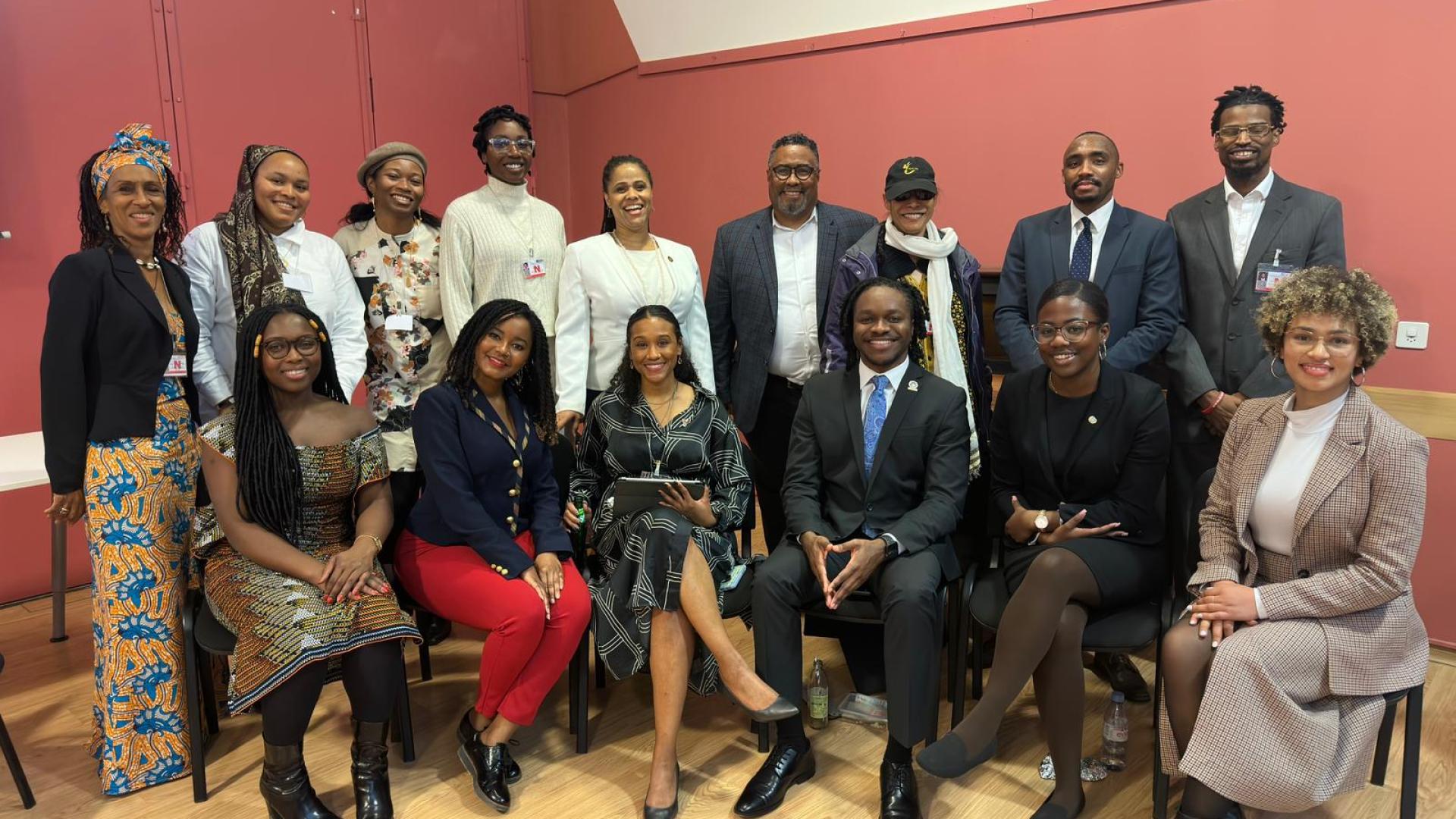
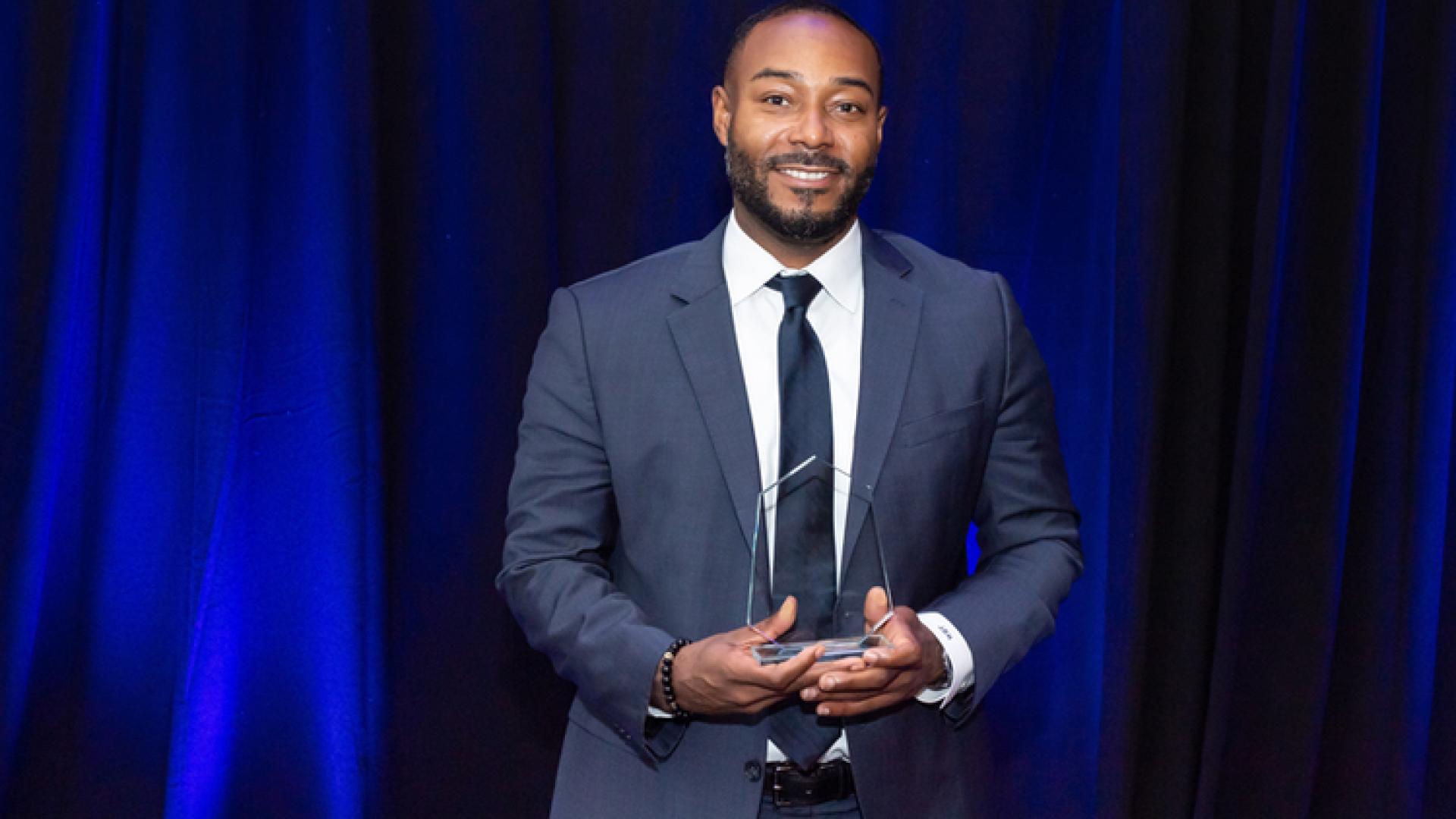
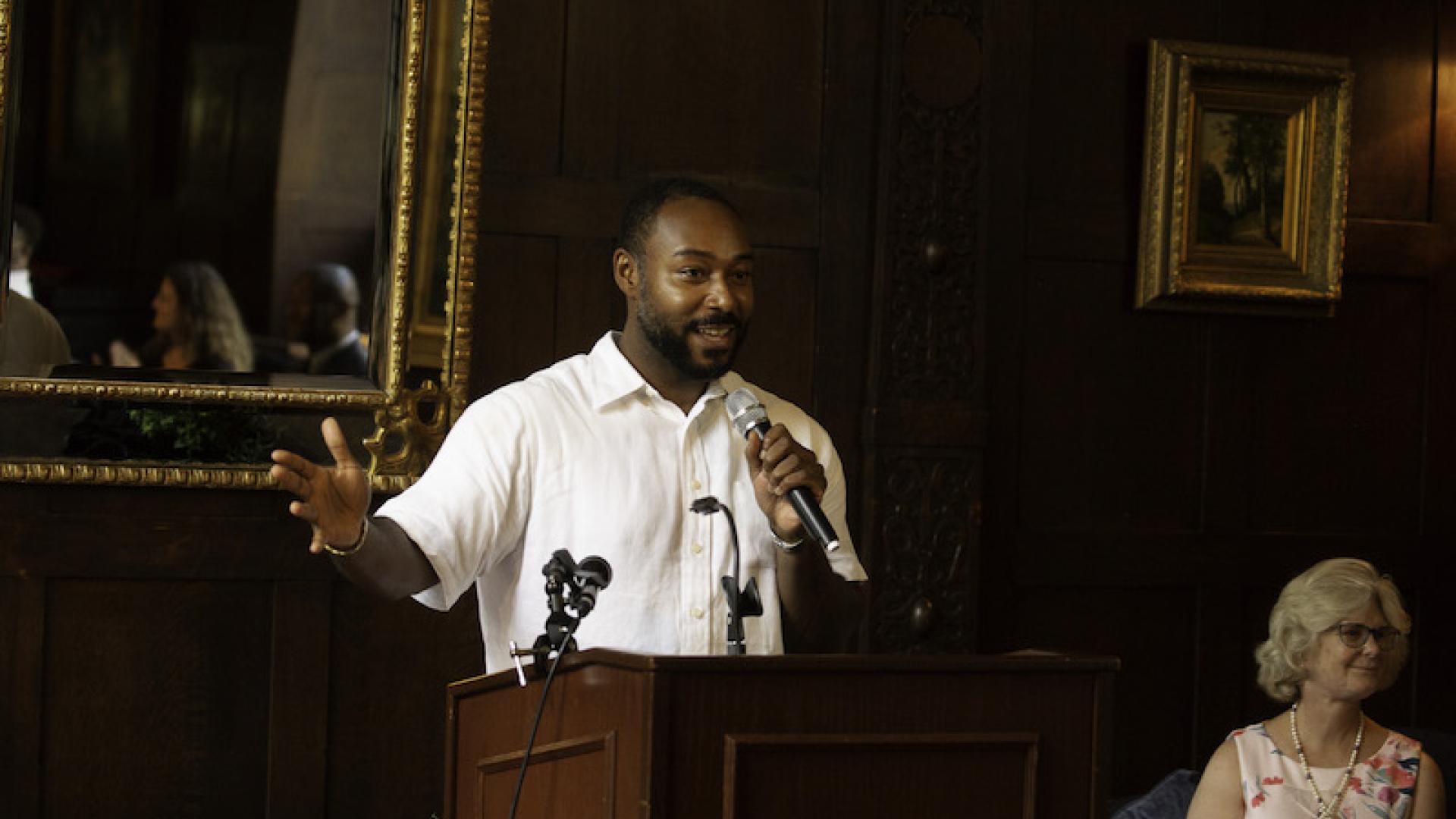
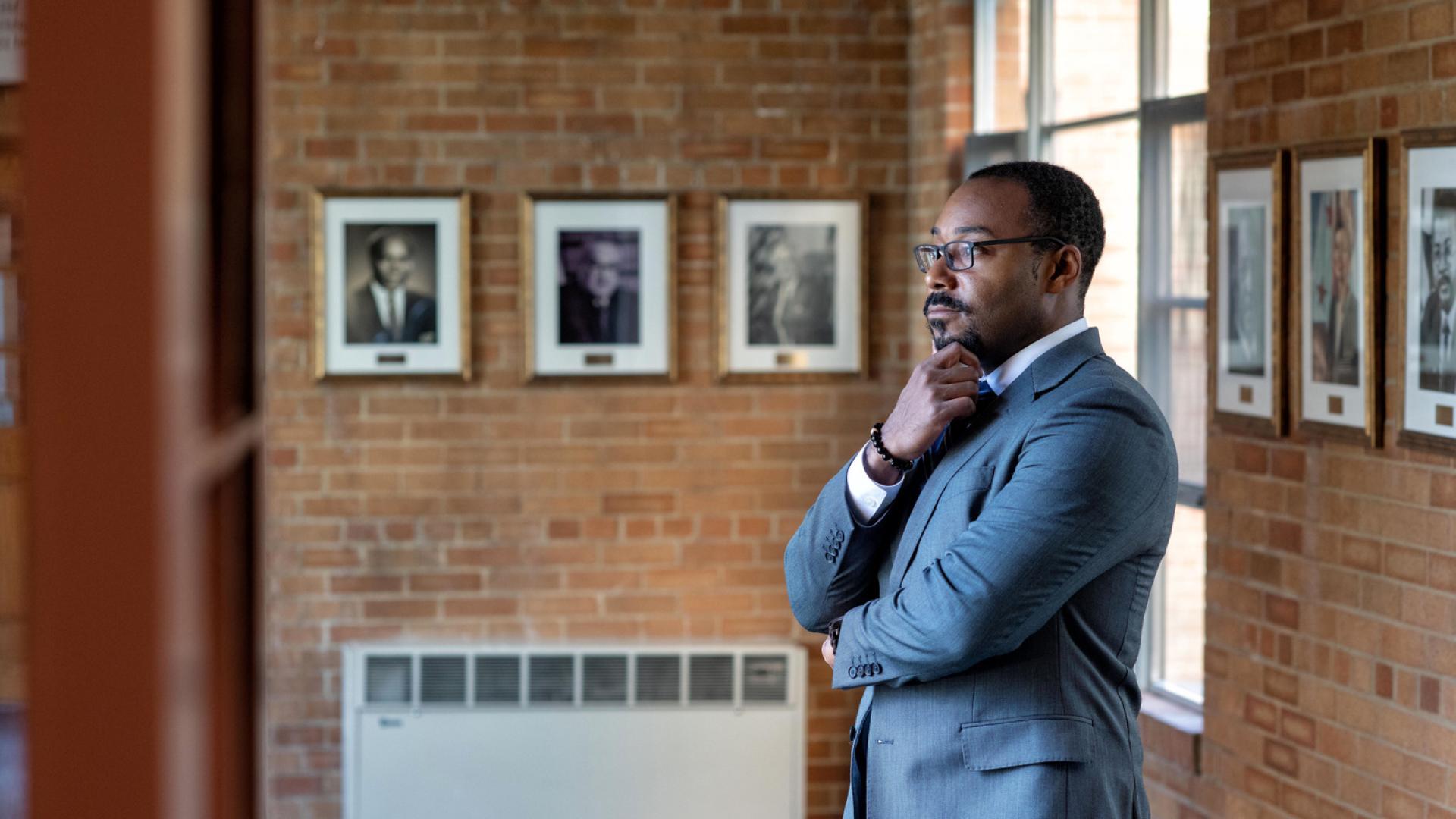
Lakeland, a once-thriving Black community in Prince George’s County, Maryland, was nearly erased by urban renewal policies that displaced families and dismantled hundreds of Black communities across the country. Today, the city of College Park is working toward restorative justice, acknowledging past wrongs and seeking to repair harm. Through it all, Lakelanders remain resilient, preserving their history, celebrating their heritage and ensuring their community’s spirit lives on for future generations.
As one of his last acts in office, President Joe Biden issued a posthumous pardon for Black nationalist leader Marcus Garvey. "This electrified a people around the world that were in the midst of oppression," says Howard University law professor Justin Hansford. Hansford says his story is important to revisit amid Republican attacks on racial justice and Black history.
Professor Hansford, a leading scholar and activist in the fields of racial justice, human rights, and law and social movements, says he hopes to bring tangible improvements and change to issues that Black people face everywhere around the globe -- things like reparations, police brutality, environmental justice, fair COVID response and ending mass incarceration.
Justin Hansford, Howard University associate professor of law, discusses what came into account when determining Derek Chauvin’s 22.5 sentence and how much time he could end up serving.